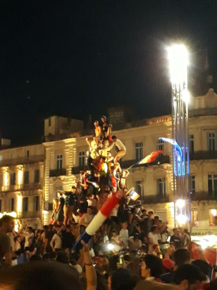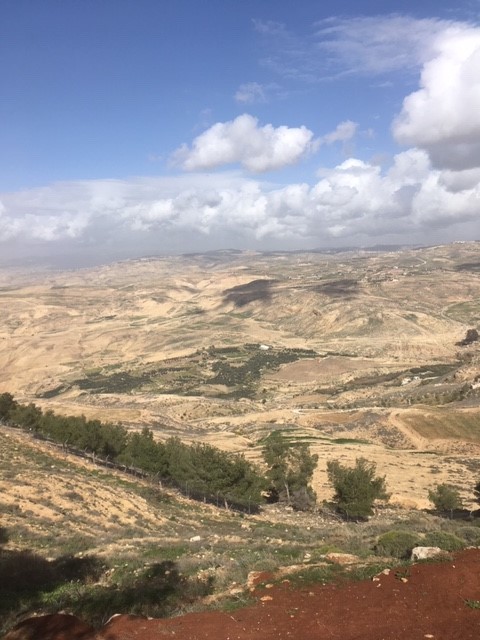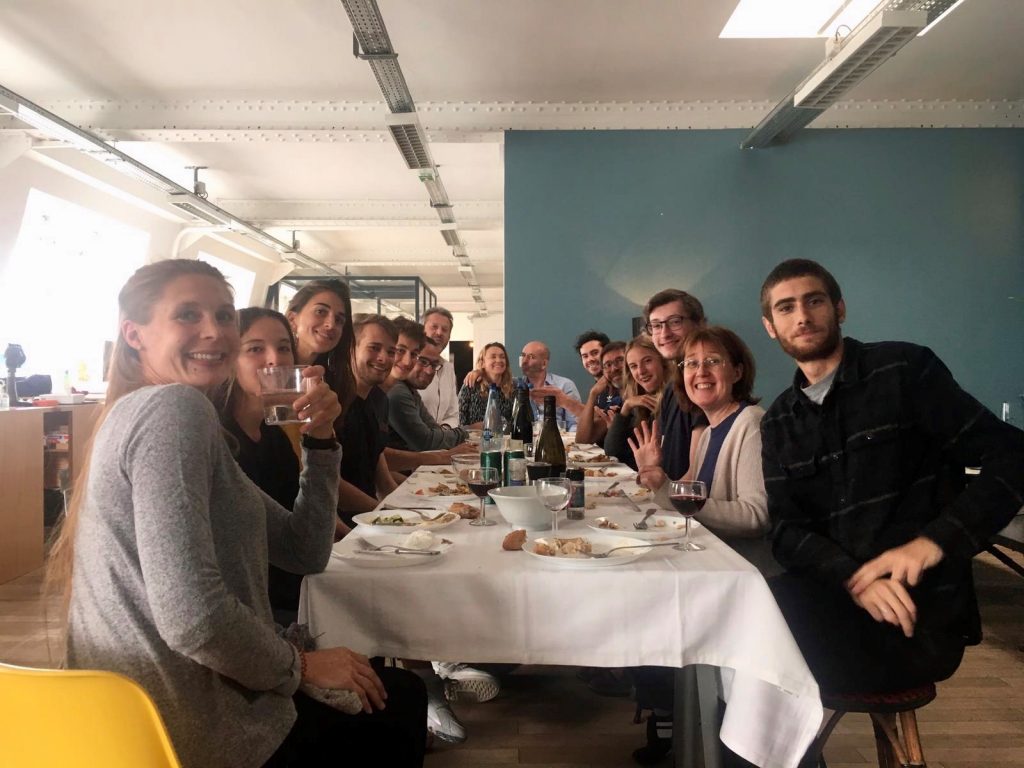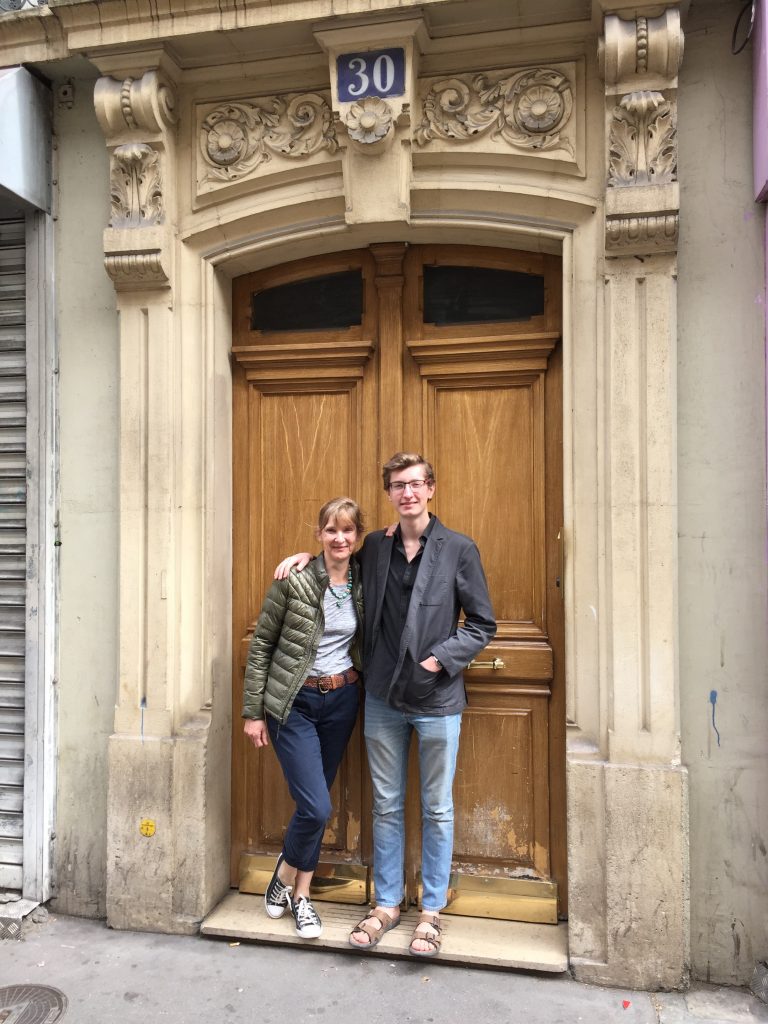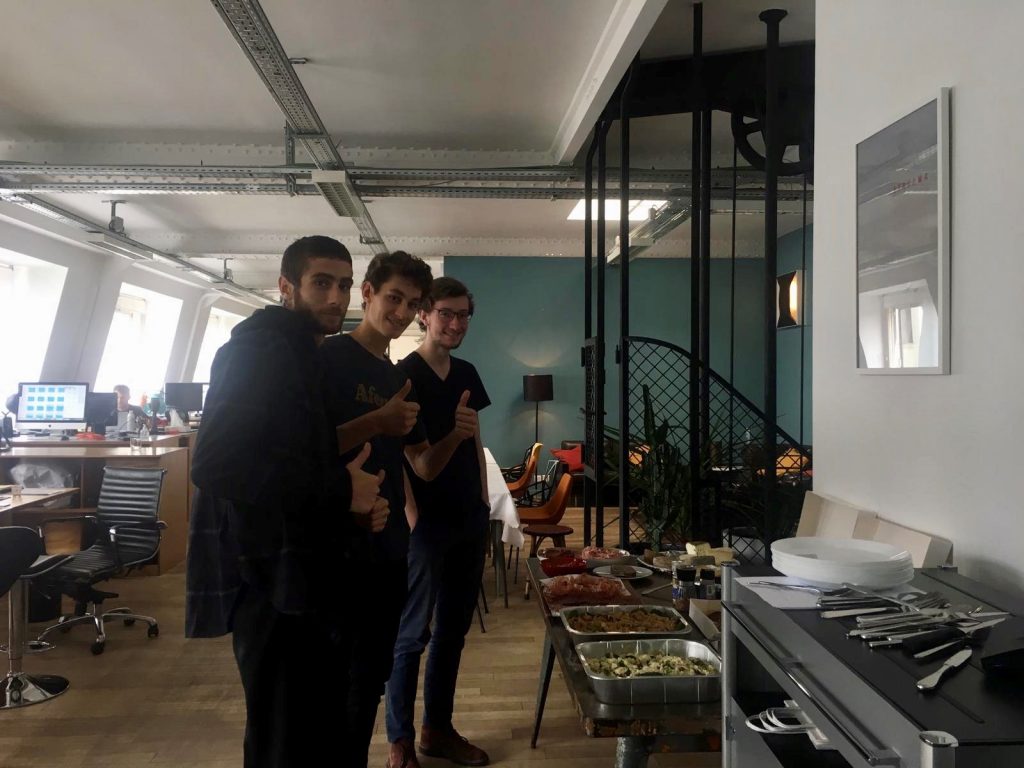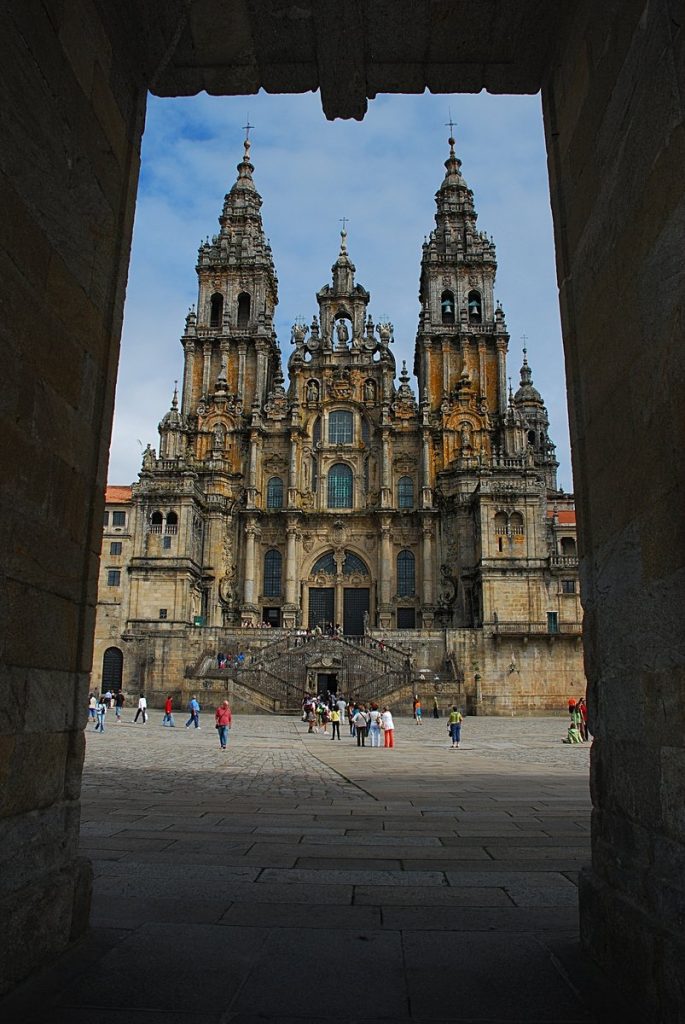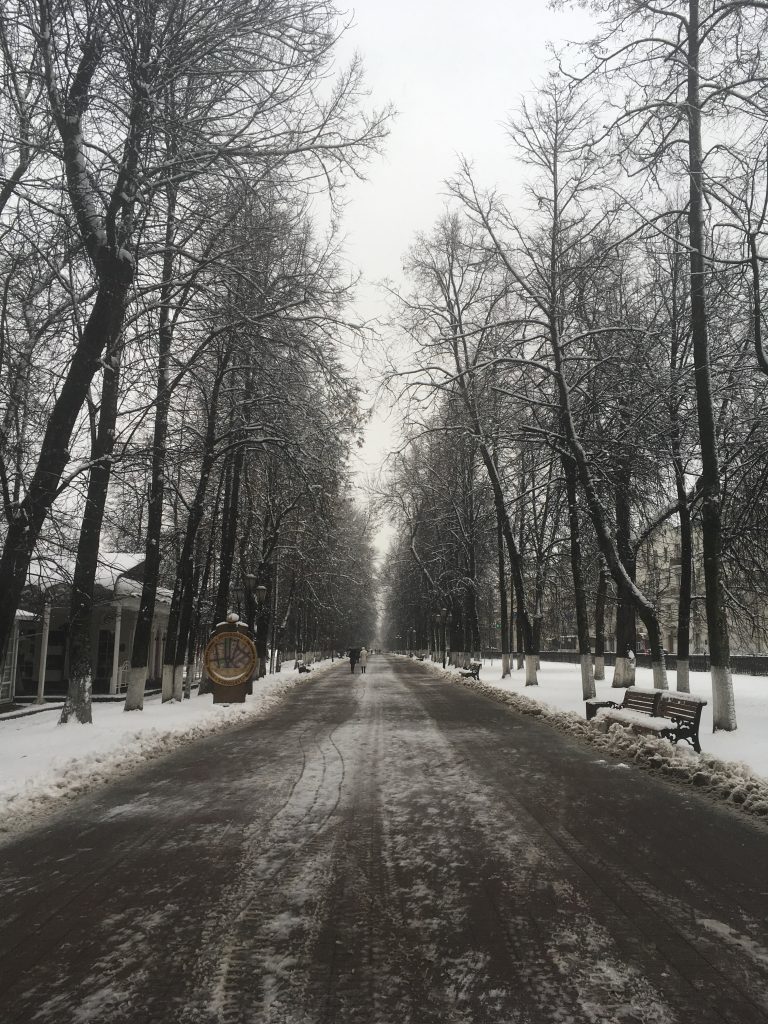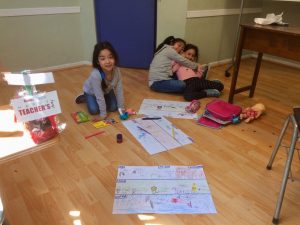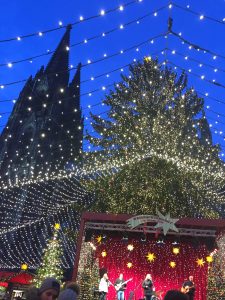In this week’s blog post, recent graduate in Spanish & Czech from St Peter’s College, Joe Kearney, reflects on his decision to study Czech at Oxford and where the journey has taken him…
I chose to study Czech at Oxford because I wanted to try something completely different. At school I had studied French and Spanish, and I wanted to learn a language from a totally new language family.
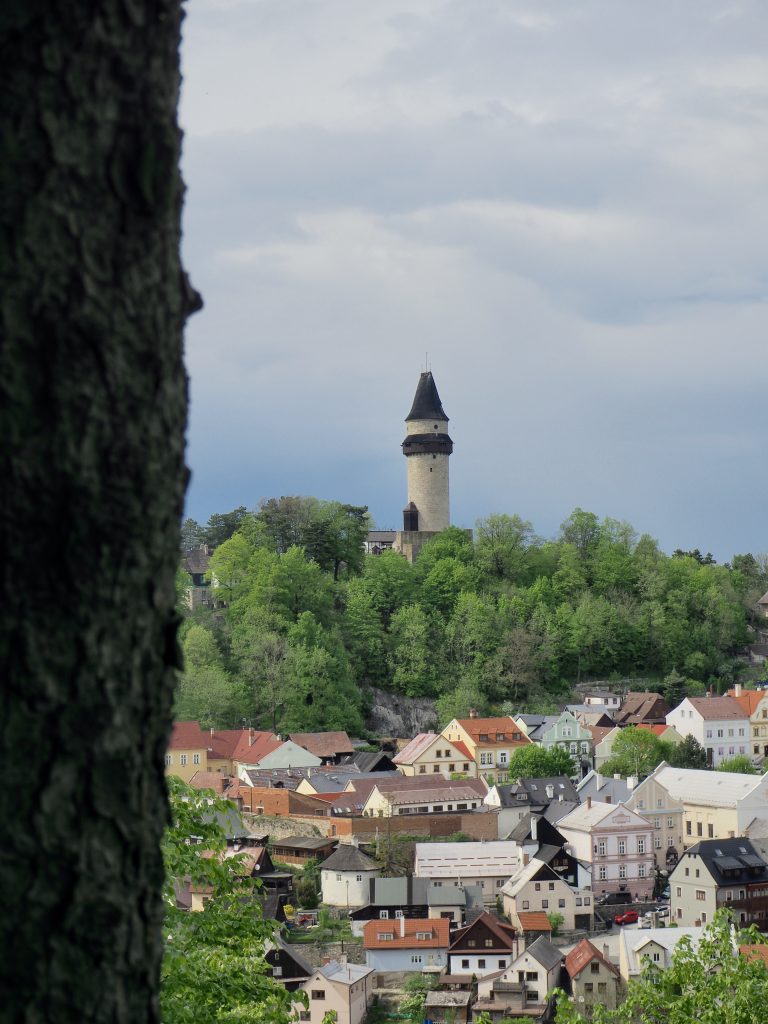
The first year of Czech was certainly the challenge I’d been looking for. I sat in my first language class of the year, in front of the Czech lady (Vanda, she is lovely) who had been tasked with teaching me and my three classmates Czech from scratch, and wondering how I was ever going to learn what any of this stuff meant. The learning curve was steep, but incredibly rewarding. We started with the absolute basics: how the alphabet works, how to introduce yourself, how to order food in a restaurant. By the end of my first year I’d read my first short stories in Czech and I’d been to Prague and worked for a couple of months as a waiter in a pizza parlour! Learning a language from scratch is fantastic for anyone who fancies a bit of adventure.
We spent second year developing our speaking, listening, writing and translating skills, as well as reading more and more literature in Czech. Because Czech is a small course, with just a handful of undergraduate students every year, the course is really flexible. 20th century Czech history and literature fascinated me, and I was able to shape all of the rest of my degree around it. I learned about the interwar period in the First Czechoslovak Republic, the Czech experience under communism, and the Czech journey out of communism in the 90s and 2000s. Writers like Jiří Weil, Ludvík Vaculík and Bianca Bellová captured my imagination, and I was able to take my newfound interests with me on my year abroad, where I studied New Wave Czech film, a history of Czech photography, and modern Czech politics at the University of Ostrava.


In Ostrava I got a job as a waiter in a tearoom (the best language training anyone could get!), I went climbing in the hills with my Ostravák friends, and I travelled with a great group of Erasmus students. One of the best things about the Czech Republic, we quickly found, is that it is a fantastic basecamp from which to travel all around Europe. I visited France, Germany, Slovakia, Hungary, Austria, Poland, and even Sweden that year, as well as making use of the ridiculously cheap trains to get all around the Czech Republic. Some highlights were České Švýcarsko (Czech Switzerland), Skiing in the Slovakian High Tatras, and visiting Kraków, in Poland, and Stockholm, in Sweden.
My love for Czech grew immensely on my year abroad, and final year went by in a blast. More learning, and more opportunities to take the voyage of discovery further and further.
I would highly recommend learning a new language from scratch at Oxford. My Czech degree was a fantastic awakening to a new world of culture, travel, and wonderful people. I have never looked back!

A huge thanks to Joe for sharing his wonderful experiences of studying beginners’ Czech as well as the stunning photos taken on his year abroad in Ostrava last year (2021-22).
If you’re interested in following a similar path, you can find out more about Czech at Oxford here.

